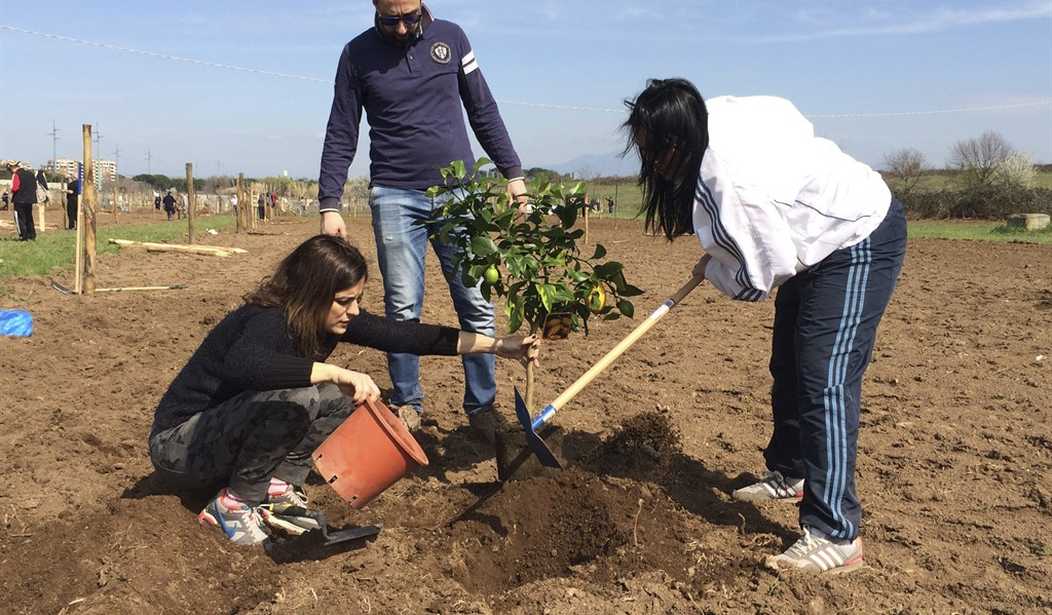Towns and cities across the nation are stepping up and offering residents seeds to grow their own food. The shortage of food, especially at the beginning of the Wuhan coronavirus pandemic, coupled with meat processing plants closing has people thinking twice about their food source.
Residents in Santa Fe, New Mexico took advantage of the "mini" seed library. The number of seeds and the varieties of offerings were severely limited due to the virus outbreak, the Santa Fe New Mexican reported.
“We hope this supports the current high demand for seeds, helps address urgent food scarcity issues and encourages people to start saving seeds,” Susie Sonflieth from the Santa Fe Extension Master Gardeners Seed Stewards Project said in a statement.
The seeds contained a variety of fruits, vegetables and various flowers.
Residents in Port Huron, Michigan had a similar experience. In fact, when the program launched with 1,000 seed packets, it wasn't enough. Luke Marion, the owner of the MIgardener store, was packaging 500 more packages for area residents, Second Wave Media reported.
Recommended
"As soon as people see store shelves empty they realize that everyone needs food but that desire to eat boxed food goes down. People start to want to eat more nutritious foods," Marion said. "The problem is that fresh food is perishable and tends to be more expensive. The way to make it less expensive is to grow your own."
Each of the 1,500 packets includes seeds for carrots, broccoli, lettuce, beets, tomatoes, radishes, cucumbers, green beans, cabbage and kale. The goal is to provide nutritious fruits and vegetables to low-income families.

























